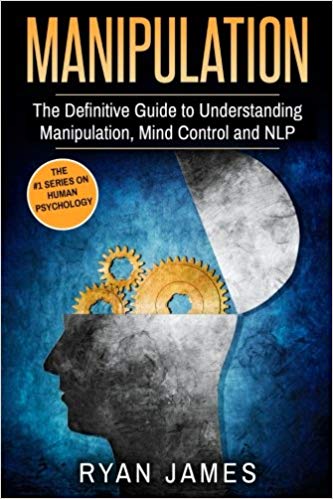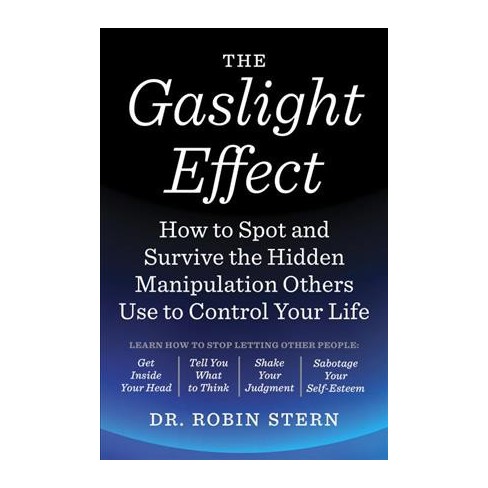Gaslighting Effect and Manipulations

Emotional manipulation, particularly in the form of gaslighting, is a significant issue that can occur in personal and professional relationships. For instance, a scenario may arise where one partner exhibits inappropriate flirtations with another individual during a social gathering. Upon confronting this behavior, the partner may deflect responsibility by labeling the other as insecure and controlling. Following an extended argument, the aggrieved partner may feel compelled to apologize for their reaction.
Similarly, familial relationships can also exhibit gaslighting tendencies. For example, a parent may consistently criticize aspects of their child’s life, such as their clothing choices, career, and romantic relationships. The child may internalize this criticism, questioning their own judgments and behaviors, rather than responding assertively.
It is crucial to recognize that such experiences are not uncommon. Gaslighting represents a subtle yet profound form of emotional abuse that can be challenging to identify and even more difficult to extricate oneself from.
To assess whether one is experiencing gaslighting, it is important to identify specific indicators, including:
1. Does one’s self-esteem fluctuate based on the approval or disapproval received from a partner?
2. Does one feel empowered or capable following praise from a supervisor, while conversely feeling diminished by criticism?
3. Is there a pervasive anxiety regarding minor household tasks, such as grocery selections or meal preparations?
4. Does one struggle with making straightforward decisions and frequently engage in self-doubt?
5. Is there a tendency to rationalize or justify a partner’s questionable behavior to friends and family?
6. Does one experience feelings of hopelessness or a lack of joy?
In her pioneering work, Dr. Robin Stern elucidates the mechanisms behind the Gaslight Effect. She provides guidance on evaluating which relationships warrant preservation and which ones necessitate disengagement. Additionally, she offers strategies for fortifying one’s life against gaslighting, ensuring that individuals do not fall into manipulative relational dynamics in the future. (See Book Below – The Gaslight Effect)
Subscribe to their channel and ours.
Understanding Manipulation: Its Role in Everyday Life and Society
Manipulation is a concept that permeates our daily existence, often influencing our interactions and decisions without conscious awareness. While the term may carry negative connotations for some, it can also serve constructive purposes. This text will explore several key ideas that will be elaborated upon throughout this work.
Automatic Mental Processes:
All individuals are conditioned to respond in specific ways to various stimuli. This conditioning renders individuals susceptible to influence and manipulation. By comprehending these automatic processes, one can harness them for personal advantage and simultaneously develop strategies to guard against external manipulation.
Positive Versus Negative Manipulation:
Manipulation manifests in different forms, with some being advantageous to all parties involved, while others are harmful. This work will elucidate the distinctions between these types of manipulation.
The Advantages of Positive Manipulation:
Ethical manipulation, often referred to as persuasion or influence, constitutes a vital social competency. Mastery of this skill can significantly enhance one’s professional and personal life.
Defensive Strategies Against Negative Manipulators:
Individuals with manipulative tendencies may exploit others for personal gain. By understanding their tactics and motivations, one can effectively shield oneself from such individuals. Awareness of the warning signs enables one to avoid a victim of manipulation.
FREE




